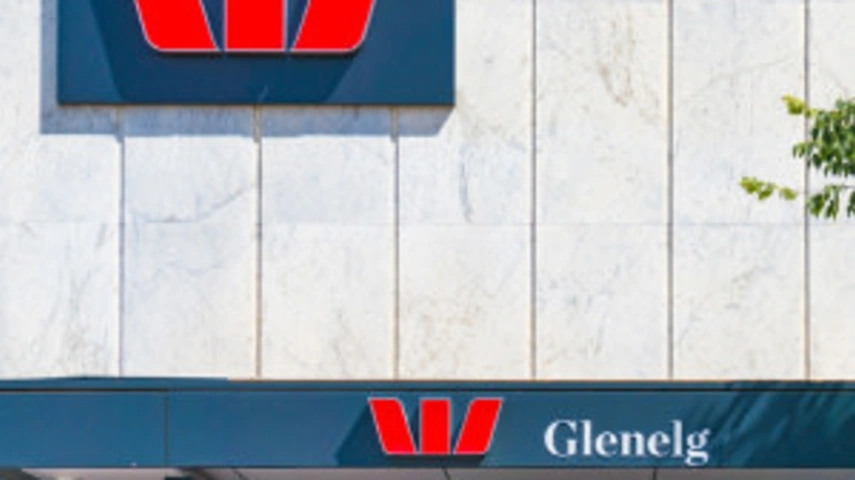Westpac's major provisioning increase



Westpac has announced new and increased provisioning and asset write-downs totalling around $1,430 million after tax – something the big banking group says will reduce its first half cash earnings and statutory net profit after tax.
In an announcement released to the Australian Securities Exchange (ASX), the company said it was also undertaking detailed analysis to finalise its impairment provisions for the first half and that the impairment charge was expected to include a “significant collective provision increase that will lift the Group’s total provision balance in anticipation of credit losses anticipated from the COVID-19 outbreak”.
Westpac chief executive, Peter King, said that having spent much of the last decade strengthening its capital, Westpac was well-placed to respond to the unfolding environment.
He said the items along with their cash earnings impact included:
- Provisions and costs associated with the AUSTRAC proceedings and response plan of $1,030 million after tax;
- An increase in provisions for customer refunds, repayments and litigation of around $260 million after tax;
- A reduction in the value of several assets cost around $70 million after tax; and
- Costs and changes in the provision of group life insurance of around $70 million after tax.
Recommended for you
Natixis Investment Managers has hired a distribution director to specifically focus on the firm’s work with research firms and consultants.
The use of total portfolio approaches by asset allocators is putting pressure on fund managers with outperformance being “no longer sufficient” when it comes to fund development.
With evergreen funds being used by financial advisers for their liquidity benefits, Harbourvest is forecasting they are set to grow by around 20 per cent a year to surpass US$1 trillion by 2029.
Total monthly ETF inflows declined by 28 per cent from highs in November with Vanguard’s $21bn Australian Shares ETF faring worst in outflows.










